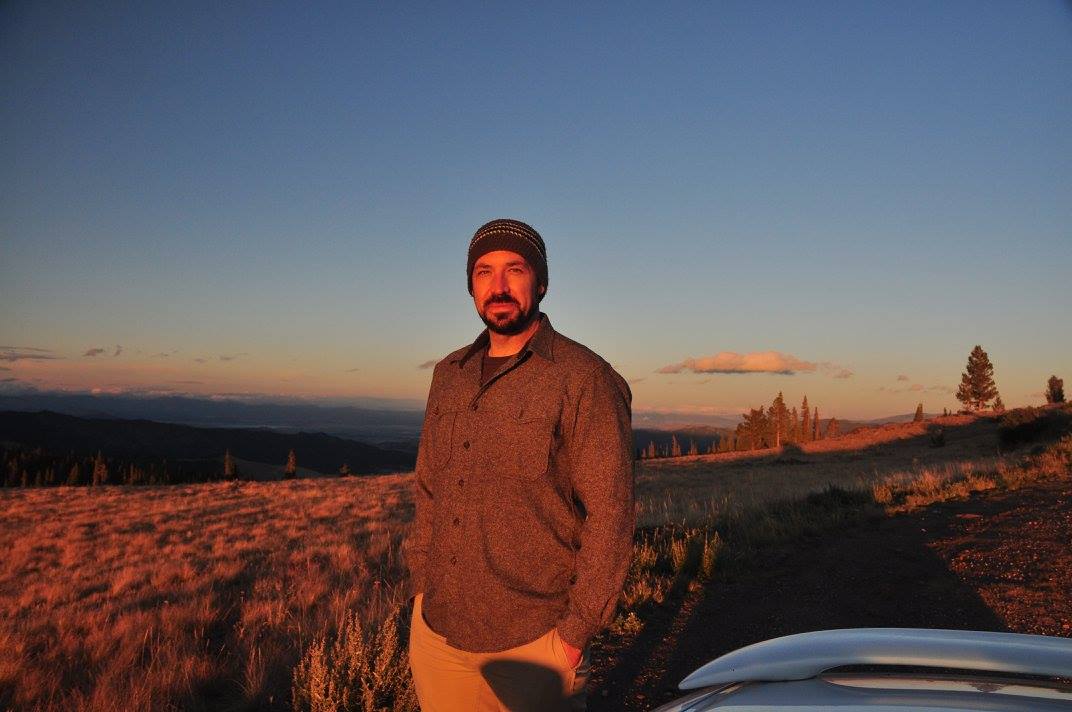Visiting home. Such a strange thing, to visit one’s home. In this case a period I spent in Montana from 2015-2018.
I am no stranger to travels. Despite a youth spent almost exclusively in the rural state of Montana, at age 24 I moved to Bristol, England for a Masters degree in Buddhist Studies. Afterward I moved back, and then to London for a Ph.D., and along the way worked twice in India and visited China, Taiwan, Burma, and Thailand. Now, after yet another brief stay (3 years) in the US with yearly trips to China to teach, I’ve moved—this time with my wife and our cat—to Hong Kong.
Along the way I have always been fascinated by the difference found in each of these places. I was amazed by the history of England; in Montana few buildings were 100 years old, whereas I could visit pubs in Bristol that claimed 400 years in business. I took delight in the simple joy in the faces of children in Burma who played in thousand-year-old ruins with little more than sticks, bricks, and imagination. These experiences broadened my sense of the world, making things that once seemed grand look a bit simple, problems which once seemed unique and enormous in turn look solvable, or at least livable.
My problems became a bit like the salt crystal described by the Buddha in the Lonaphala Sutta (AN 3.99). Put it in a small cup of water and the water becomes undrinkable, but put it in a great body of water and the water stays drinkable. My problems, understood from the confines of a life narrowly viewed, could seem insurmountable. On the other hand, with travels and taking in the world around me, those same problems have little effect.
As another wise person, Barack Obama, said this month, “But travel also reminds us of what we share and what we have become—the ability for us to recognize ourselves in each other, so that if you’re wandering through some small village in Kenya and you see a mother and a child playing and laughing, that’s not different from the mother and child back in Virginia or in Hawaii.”
These smiles, laughs, and simple joys can connect us to people around the world in ways that cut through the separatist (often nationalist and xenophobic) rhetoric being promulgated by some these days.
Last summer, while visiting Beijing, I marveled at the proliferation of electric scooters and other small vehicles—a measure driven by a government eager (perhaps desperate) to cut down on urban pollution. Now, living on Lamma Island, a 30-minute ferry ride from Hong Kong island, I think of those electric vehicles whenever a gas-powered VV (Village Vehicle) rumbles by on one of our narrow foot-paths and I hope that this innovation might hop over those invisible borders and one day bring the same reduction in smoke and noise to my own neighborhood.
We need travel to see these possibilities with our own eyes. We need to see the joys of the lives of other people in other cultures to realize that our way is not the way, it is just one of many.
The knot of us vs them loosens, the “I, me, my” slips from the vocabulary, even if not entirely. The world becomes a sphere of experience where we are just this locus, this place, this ball of karmic conditions.
If you can travel—really travel, not just being a tourist here or there— then do so. The world has so much to offer, and in turn, you will be able to bring some of that wisdom, innovation, and joy from one place to another as you go. This sharing, connecting, being with the world is a small bit, I think, of what the Buddha pointed to with this most profound teaching of non-self.
Lonaphala Sutta (AN 3.99) (accesstoinsight)
Barack Obama on Why Travel Matters (BBC)


I am sorry to be a spoil-sport but in this age of catastrophic climate change the recommendation to travel, particularly to travel far, as a way to non-self doesn’t sit easily me. Unless you travel by donkey, or at least by train…..
This ‘ball of karmic conditions’ indeed. I imagine the effects of my air travel induced CO2 emissions on people far away and think twice…..
I fully agree, Luise. I was heading in that direction but was getting long on words and will have to say more about that another time. Obama talks about it in his interview in the link, but yes, train travel is what I’d recommend, and/or deliberate and infrequent use of planes. Ideally whatever travel one does will ‘wake them up’ to the effects of climate change and the necessity of political -not just personal- changes to stem its effects. With thanks! JW
[…] time I blogged here, I wrote about the power of travel for getting over fixed views of oneself. I still think this is true, but a commenter there, Luise, […]